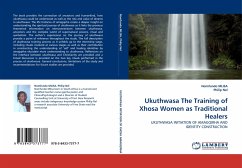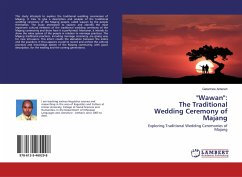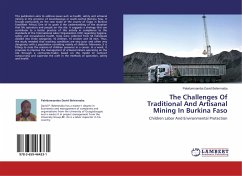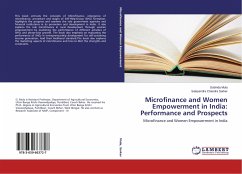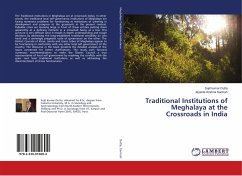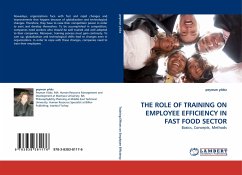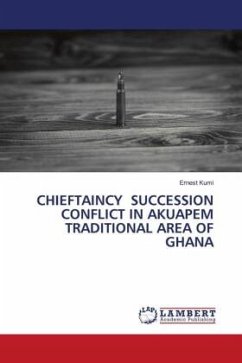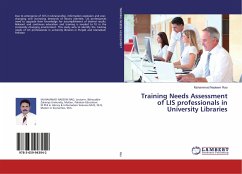The book provides the connection of ancestors and humankind, how ukuthwasa could be understood as well as the role and value of dreams in ukuthwasa. The life histories of amagqirha create a deeper insight on understanding the spiritual journey of ukuthwasa as it links the previous theoretical information on interconnections between ukuthwasa, ancestors and the complex world of supernatural powers, ritual and symbolism. The author's experiences on the journey of ukuthwasa provide a point of reference throughout the study. The full description of ukuthwasa training process as it unfolds up to the internship stage, including rituals involved at various stages as well as their contribution in constructing the understanding of self' and healing identities by amagqirha elucidate more understanding to ukuthwasa. Reflections on the interface between ukuthwasa and Christianity are provided and a broad discussion is provided on the two key rituals performed in the process of ukuthwasa. General conclusions, limitations of the study and recommendations for future studies are provided.

